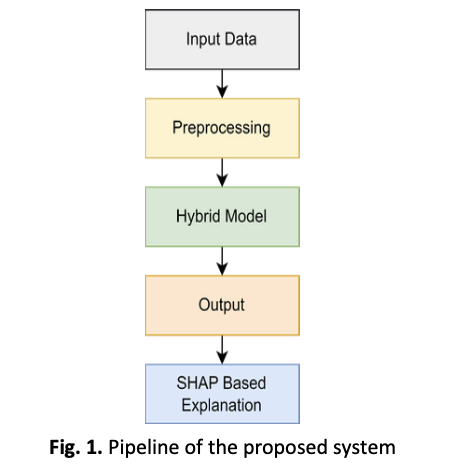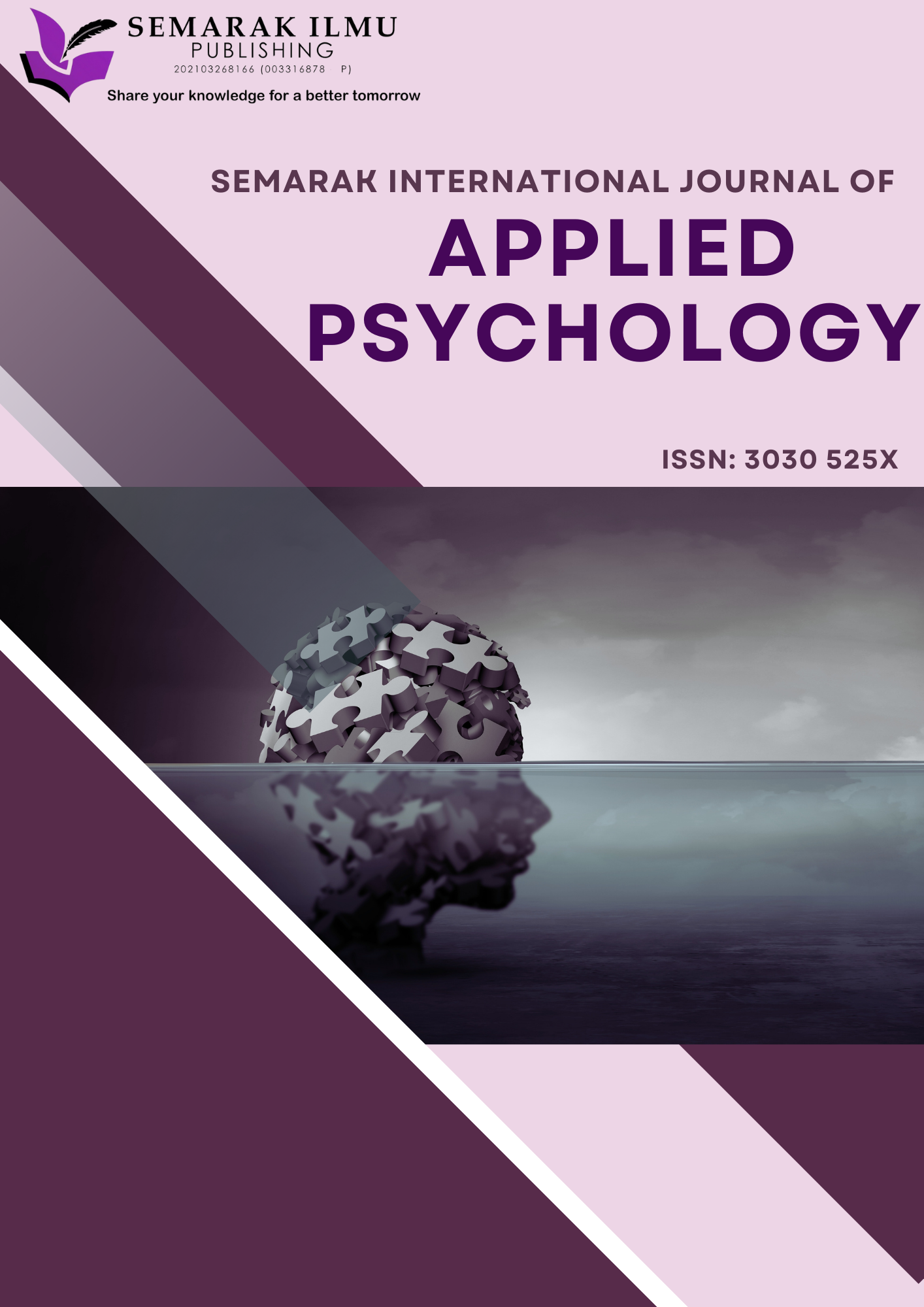Enhanced Suicidal Ideation Detection from Social Media using a CNN-BiLSTM Hybrid Model
Keywords:
Suicidal ideation detection, CNN–BiLSTM, SHAP Explainability (XAI)Abstract
Suicidal ideation detection is crucial for preventing suicides, a leading cause of death worldwide. Many individuals express suicidal thoughts on social media, offering a vital opportunity for early detection through advanced machine learning techniques. The identification of suicidal ideation in social media text is improved by utilising a hybrid framework that integrates Convolutional Neural Networks (CNN) and Bidirectional Long Short-Term Memory (BiLSTM), enhanced with an attention mechanism. To enhance the interpretability of the model’s predictions, Explainable AI (XAI) methods are applied, with a particular focus on SHapley Additive exPlanations (SHAP). At first, the model managed to reach an accuracy of 92.81%. By applying fine-tuning and early stopping techniques, the accuracy improved to 94.29%. The SHAP analysis revealed key features influencing the model’s predictions, such as terms related to mental health struggles. This level of transparency boosts the model’s credibility while helping mental health professionals understand and trust the predictions. This work highlights the potential for improving the accuracy and interpretability of detecting suicidal tendencies, providing a foundation for future research in transparent mental health AI systems. It emphasizes the significance of blending powerful machine learning methods with explainability to develop reliable and impactful mental health solutions.










